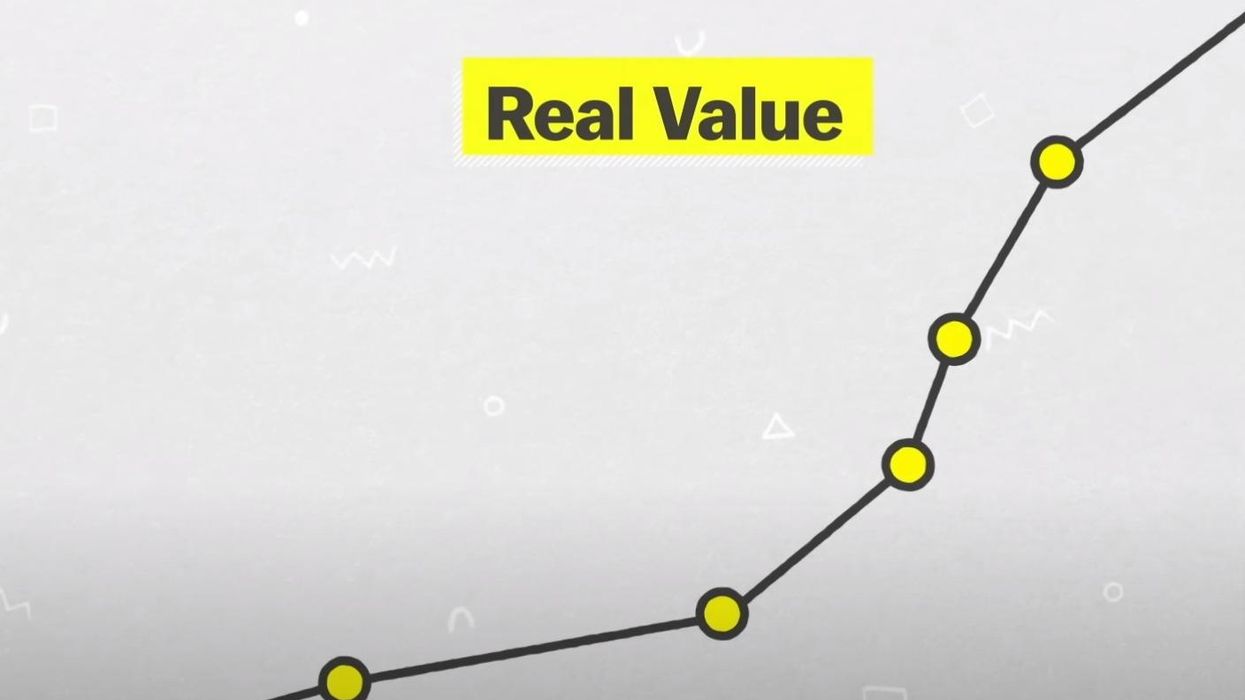Now We Can Name (And Blame) Those 'Economic Terrorists' In Congress

In late 2011, John Oliver and his Daily Show cameraman made a trek to my office, then in Providence, Rhode Island, to take me to task. I had recently referred to the Tea Partiers who had pushed America to the brink of a disastrous default as "economic terrorists."
Oliver had apparently swallowed whole a series of barbs directed my way by a Wall Street Journal blogger who didn't seem to like women much. The blogger kept calling me the "Civility diva" and a "Baroness Catherine Ashton lookalike." (A member of the British parliament, Ashton was said to be homely.) He was quite the wit.
The blogger found what he thought was more ammo in learning that I was head of a journalistic organization then formulating something called a "civility project." The mission was to debate what made honest opinion writing — not to censure robust, withering commentary. The blogger obviously didn't inquire.
Nor did The Daily Show. The interview featured Oliver repeatedly blurting a bleeped-out "F" word, followed by canned laughter, followed by a shot of me supposedly looking shocked. It was on that level.
I was not alone in applying the "economic terrorist" label to a group taking the economy hostage, and mainly because a Democrat, Barack Obama, was president. The New York Times' Thomas Friedman, for one, made references to the Republican "Hezbollah faction" taking the GOP on a "suicide mission."
We are now 12 years on, and it is gratifying to see a headline in the Times reading, "Don't Try to Appease Economic Terrorists." Economist Paul Krugman was pointing at the new team of Republican extremists threatening the full faith and credit of the United States and, by extension, the world economy.
Then as now, the vote to raise the debt ceiling has nothing to do with enabling federal spending. It's about making good on the debt already incurred.
Note that under Donald Trump, Democrats quietly voted for raising the debt ceiling year after year. This was despite a Trump tax cut that tacked about $2 trillion onto the federal deficit and Trump's signing almost $3 trillion in new spending — and that was before COVID even hit.
Twelve years ago, an economic cataclysm was averted at the last minute, but the terrorists had still wrought terrible damage. The spectacle of a major political party putting into question America's willingness to meet its debt obligations astounded the planet, prompting Standard & Poor's to take away America's triple-A rating for the first time in history. The Republican stunt cost the U.S. Treasury, that is, we taxpayers, at least $19 billion in higher interest costs.
The final vote, covered live on TV, was unforgettable viewing. There was that famous split screen. On one side you saw Congress casting its votes. On the other, you saw the stock values simultaneously cratering as the political horror show continued without a clear outcome.
Given the Republican barfight to choose a House speaker, one holds little hope of a peaceful vote to raise the debt ceiling. Speaker Kevin McCarthy tries to look sane when he calls for negotiations. But what does he want to negotiate? Whether America will default on its debt. And why? Because a Democrat is again president.
The voters may not thank Republicans for putting them through another trauma. In the 2012 election, Obama won a second term, and his party gained two seats in the Senate and eight in the House.
People who threaten to blow up an airplane if their political demands aren't met are political terrorists. People who threaten to blow up the economy if their demands aren't met are economic terrorists. Let's not be shy about calling them such.
Reprinted with permission from Creators.








